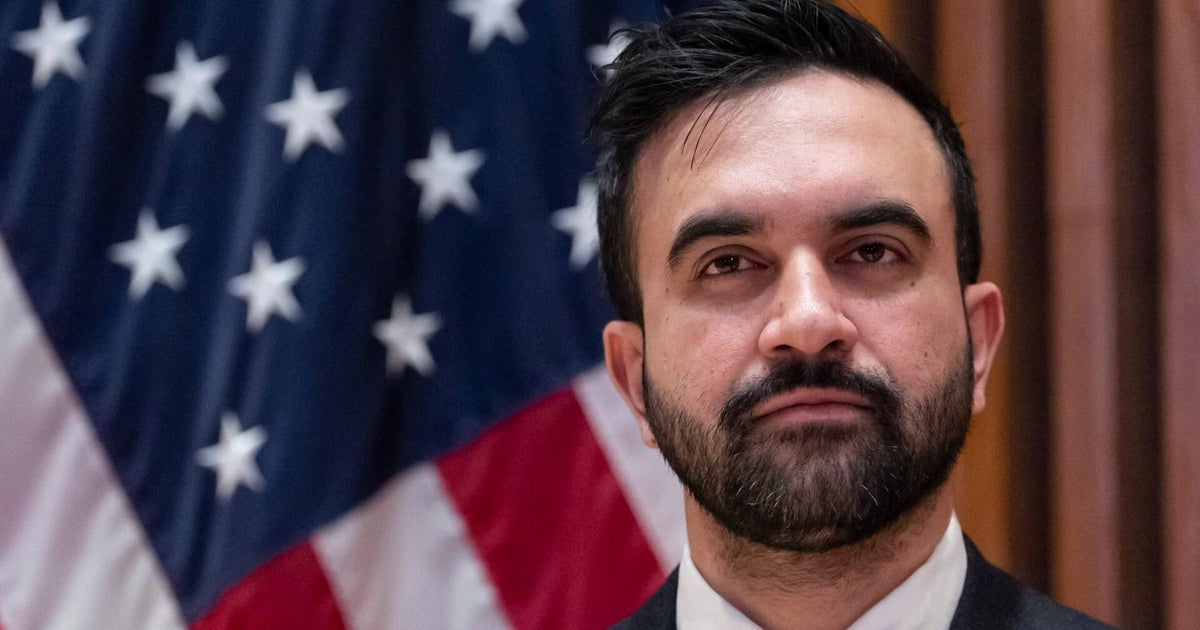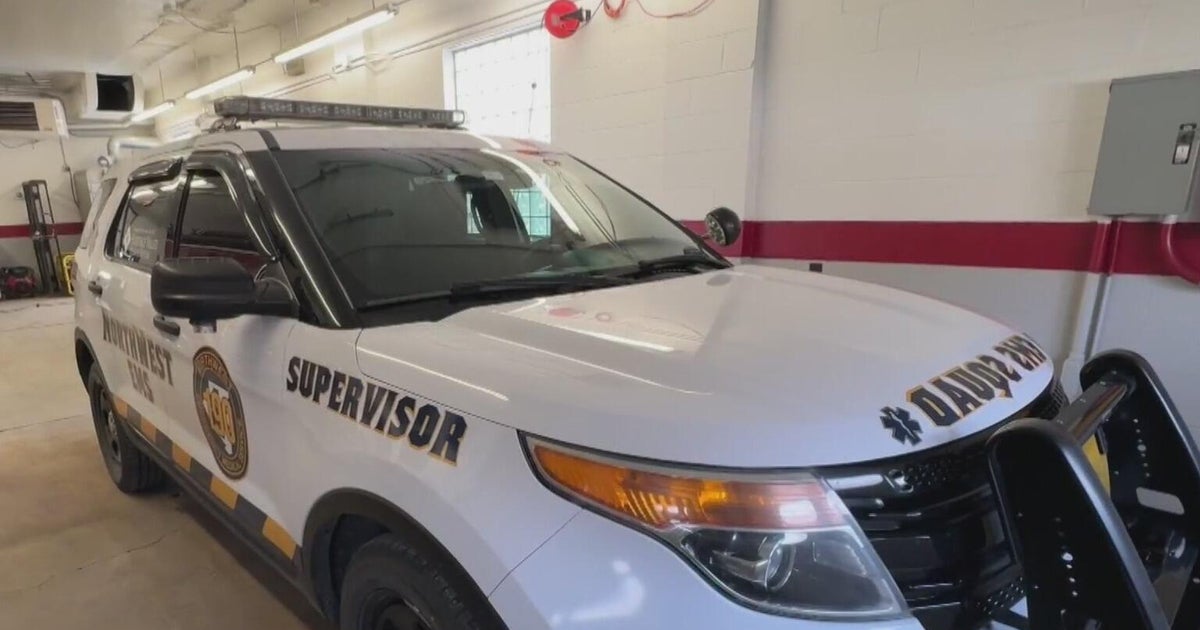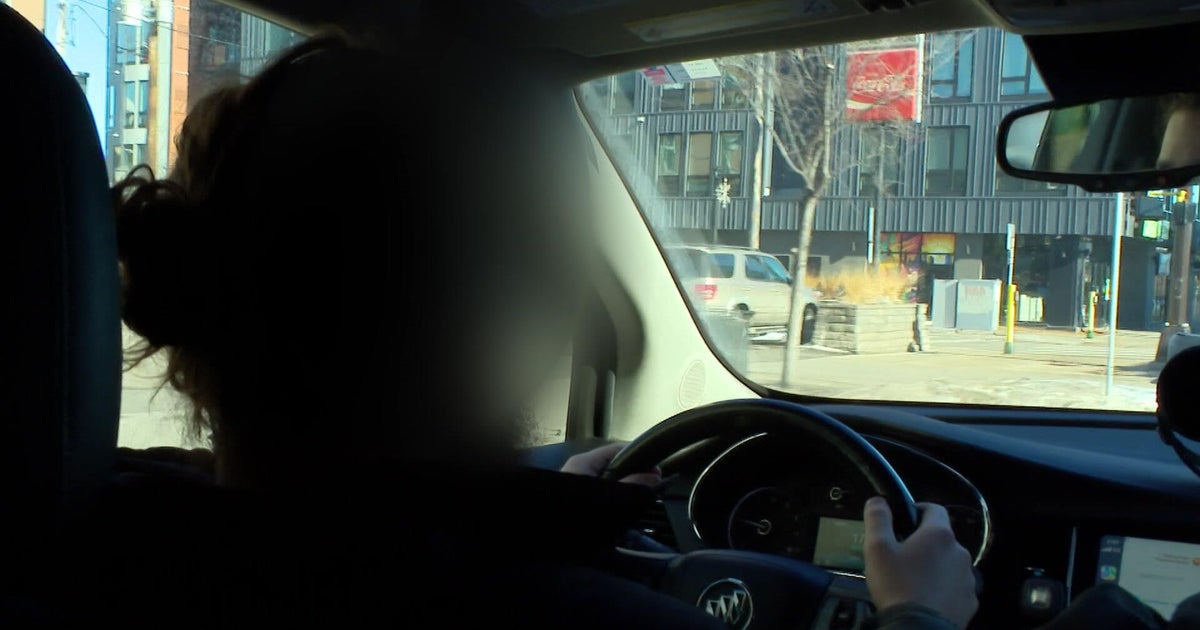Wasserman Schultz Doesn't Pull Support For SOPA
MIAMI (CBSMiami) – The controversial Stop Online Piracy Act and Protect IP Act have been delayed after a massive Internet blackout on Wednesday sent a message to Congress that Internet users were not happy about the potential locking down of the World Wide Web.
But, while Florida Senator Marco Rubio verbally withdrew his previous support for the Protect IP Act; Florida Representative, and Democratic National Committee chairwoman, Debbie Wasserman Schultz hasn't completely backed off of supporting SOPA.
"The Congresswoman recognizes that we need to have legislation that balances a strong, open, and free internet, while at the same time protecting Americans from companies that profit by stealing and repackaging other people's work," said Mara Sloan, press secretary for Rep. Wasserman Schultz. "She has heard from constituents both for and against the legislation and she feels strongly that we need to find a balanced compromise."
Wasserman Schultz has pulled in quite a bit of money from the TV/Movies/Music industry while supporting SOPA. According to campaign documents, Wasserman Schultz has received donations of $70,000 from that field.
Overall, the TV/Movies/Music industry is the fifth leading contributor to Wasserman Schultz's campaign and the industry is second in contributions to Wasserman Schultz's PACs.
The same industry is the leading contributor to Republican Lamar Smith's campaign, who has been leading the charge for the passage of SOPA.
Senator Rubio was much more direct when he withdrew his support for the bill Thursday.
"Congress should listen and avoid rushing through a bill that could have many unintended consequences," Senator Rubio wrote on his Facebook page. "Therefore, I have decided to withdraw my support for the Protect IP Act."
SOPA would allow the U.S. attorney general to seek a court order to shut down access to offshore Web sites. Once the court order is granted, the attorney general could force U.S. Internet service providers to block the sites.
In addition, according to CNET the bill could end up requiring ISP's to monitor what web sites individuals visit and block sites that may be infringing on copyright.
The bill would essentially create a blacklist of potentially millions of websites that may or may not be engaged in copyright infringement regarding movies, television, and music.
So, a site like YouTube or Wikipedia could be blacklisted due to alleged copyright infringement.
Democratic Senate Majority Leader Harry Reid had been pushing for a quick vote on the law before Republicans and some Democrats balked at the bills.
UPDATE (6:00 p.m.)
Congresswoman Wasserman Schultz provided a new statement after Chairman Lamar Smith pulled the current bill from consideration.
"Chairman Smith's decision to postpone markup on the current bill addressing the issue of online piracy gives all the stakeholders an opportunity to work together to address some of the outstanding concerns," said Rep. Debbie Wasserman Schultz (FL-20). "We must come together to develop legislation that balances a strong, open, and free Internet, while at the same time protecting Americans and American businesses from companies that profit by stealing and repackaging other people's work."







